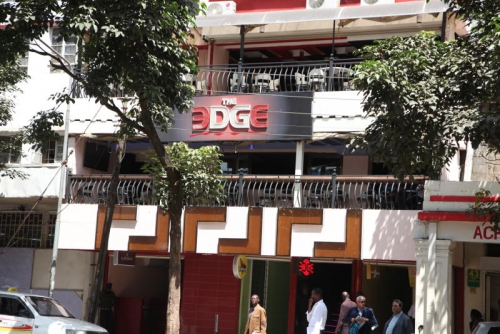×
The Standard e-Paper
Smart Minds Choose Us

NAIROBI: A casual chat with a bouncer at a popular club in Nairobi’s Central Business District (CBD) revealed an interesting aspect of the nightlife. According to the bulky, stone-faced security expert who had chaperoned an artiste to a lifestyle interview I was conducting, some clubs pay over Sh1 million in rents.